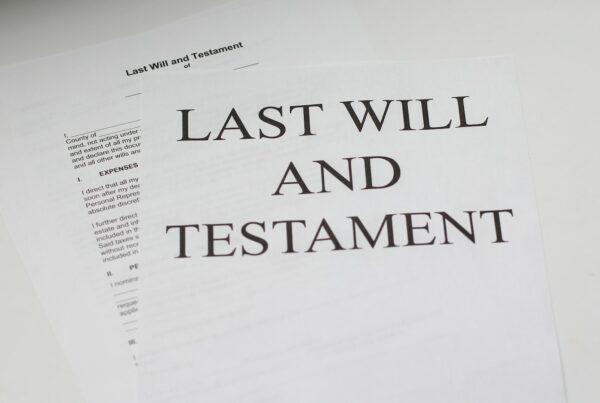States have different methods in determining property division during a divorce. Some states divide the assets 50/50, no matter when the property was acquired or who purchased it. However, Illinois is not one of those states. In Illinois, the Court decides who gets what based on what they believe is equitable using various circumstances to determine this. This form of division is called Equitable Distribution.
Judges have a lot of discretion when it comes to what they believe is equitable property division. Some factors that are frequently considered include the income earned by each party during the marriage, length of the marriage, education levels of each party, earning capacity of each party, pre-marital property, any contributions/dissipations made during the marriage, and more. The court cannot consider conduct, adultery, domestic violence/abuse, and the cause of the divorce when determining equitable distribution. This is because Illinois is a “no-fault” state.
A “no-fault” state means that no matter how appalling one spouse’s behavior is or how they treat the other spouse, no matter what the cause of the divorce is, the state will not “fault” someone in the dissolution of the divorce. More specifically, if one party is more at fault than the other, that doesn’t necessarily mean they will receive more or less in assets because of the “fault” of that party.
There is one exception to this rule, and that is dissipation. Dissipation is money spent for non-marital purposes after the parties marriage has suffered an irretrievable breakdown or filed for divorce. Some examples of this could be buying luxury goods, new vehicles, lavish vacations, jewelry, or other expensive items that are not purchased during the normal course of the marriage. Additionally, excessive gambling or buying gifts for a new significant other can also be deemed dissipation by the court. If a party spends money on these things and the court finds that it is dissipation, that party could be ordered to reimburse purchases back to the marital estate. Both parties have a right to their marital property and an equitable distribution of same. If you feel you’re going through a similar situation and have questions, please contact our office to set up a consultation.







